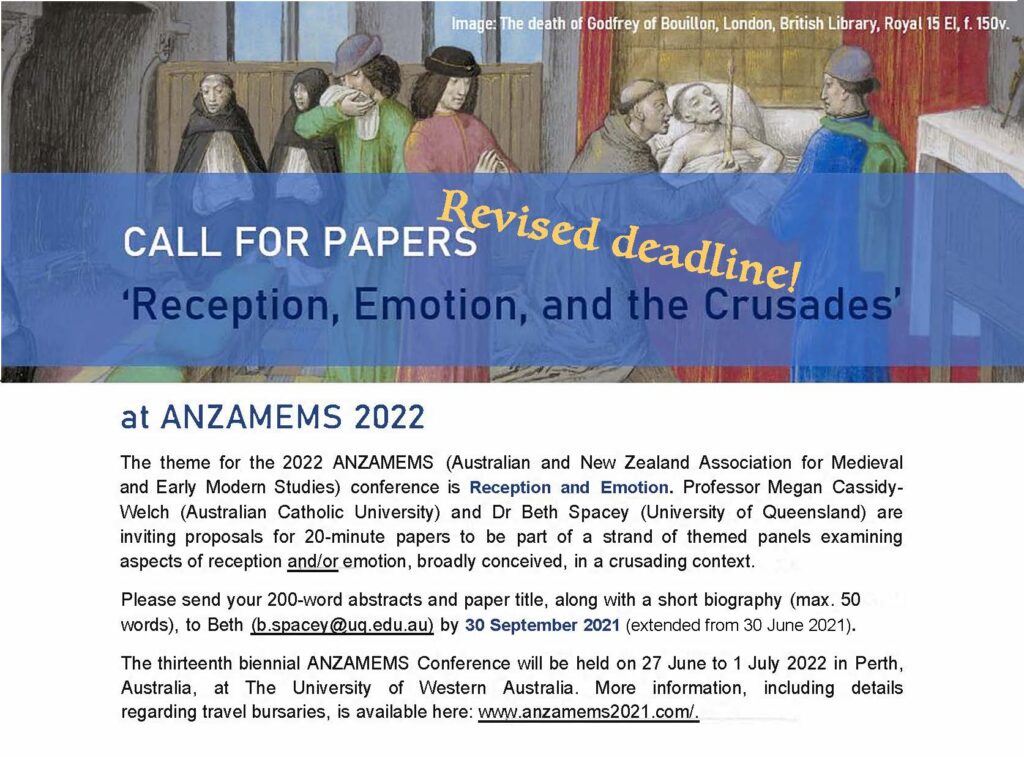Conference October 1-2, 2021!
The conference committee invites papers on the theme of Eruption/Disruption/Interruption. As we continue to process the impact of COVID-19 on global and local societies, the jury is still out on whether the eruption of a global pandemic, and the subsequent disruptions and interruptions to contemporary routines, are a ‘game-changer’ or an inconvenience.
At the heart of our theme is the concept of a rupture. This can refer to something that has broken, burst, or been destroyed. It can imply that either outside forces are too great for the structure in question and have destroyed it functionally, or that something within that which has ruptured was too volatile or incompatible to remain contained, controlled, or unified. Over the past 18 months, we have been witness to both of these types of rupture, as outside forces have challenged the very foundations of our society, while at the same time, internal tensions have broken forth and resulted in historic movements for democracy, equality, environmental awareness, and corporate accountability and transparency.
Global society is at a turning point of multiple ruptured points, and the 2021 AEMA conference aims to reflect on this tension in an early medieval context.
· Eruptions can be understood in many different ways, as they can describe both natural phenomena and human activity, including the sudden appearance of new movements, of groups of people, or of ideas.
· Were eruptions revolutionary? Or were they merely a disruption to the longue durée?
· Does hindsight make it easier to identify ruptures as epoch-altering events and ideas? Or does the passage of time, and attendant loss of witnesses, memories, and evidence muddy the waters too much?
· Why and in what ways did eruptions change things? And why and in what ways did they merely disrupt.
· When and how does an interruption become a disruption?
· What did the idea of a ‘new normal’ mean in the early medieval world? How quickly do societies adapt to internal and external pressures?
· And when societies change as a result of these pressures, are they still the same society?
This conference calls for papers that relate to this theme. Or, in the spirit of the theme, those that do not.
In 2021, AEMA intends to hold a hybrid conference, with both a physical location (or locations) as well as an online option. At this stage, the main physical location is likely to be in Victoria, with the potential for additional ‘hubs’ to be held in other Australian and/or International locations, depending on interest and availability.
Submissions may be in the form of individual papers of 20 minutes duration, themed panels of three 20-minute papers, or Round Tables of up to six shorter papers (total of one hour).
All sessions will include time for questions and general discussion. Please send proposals (150–200 words per paper), along with author’s name, paper/panel/RT title, and academic affiliation (if any) to conference@aema.net.au by 31 July 2021. Please also direct all other enquiries about the conference to this address, as well as any nominations for potentially hosting an in-person hub.

